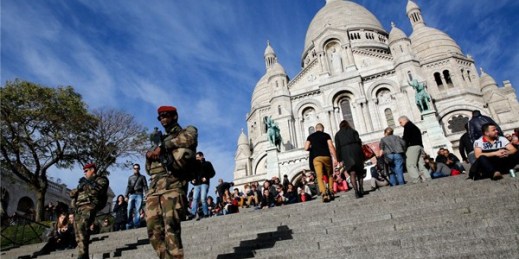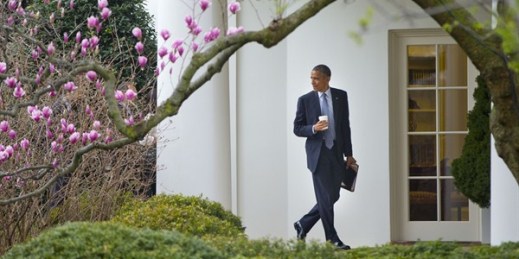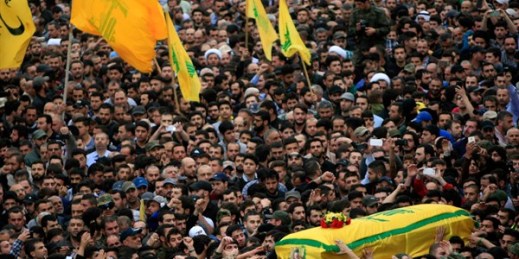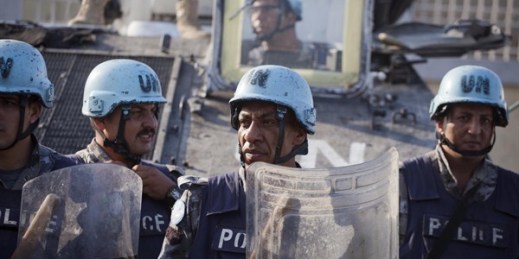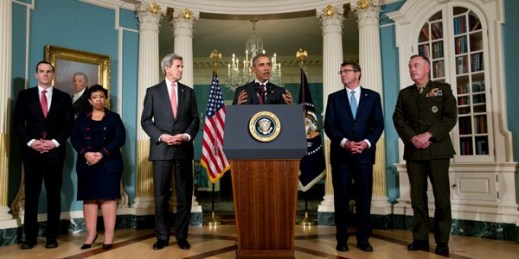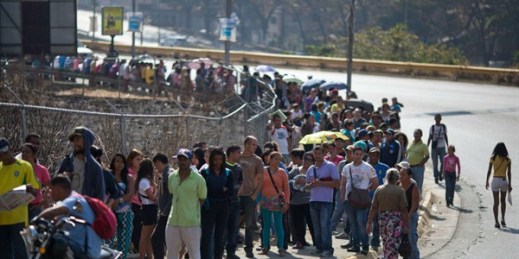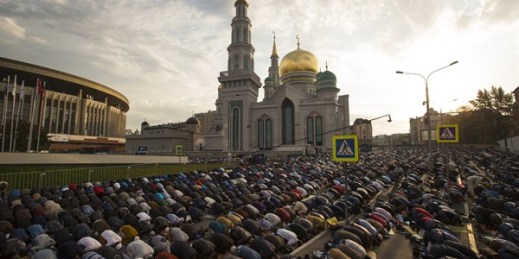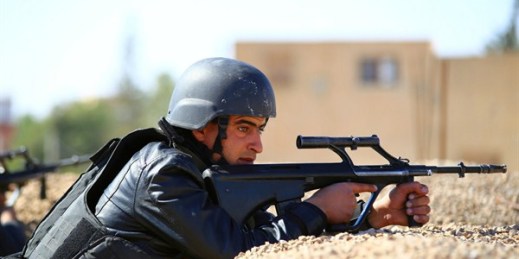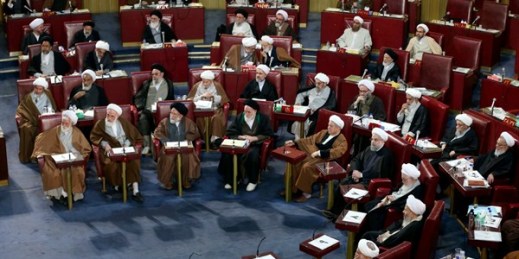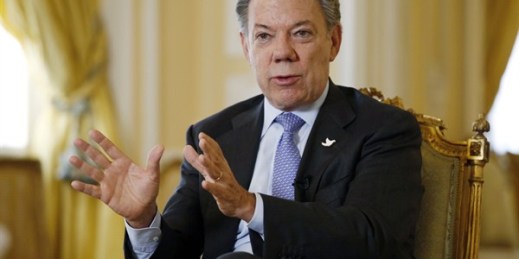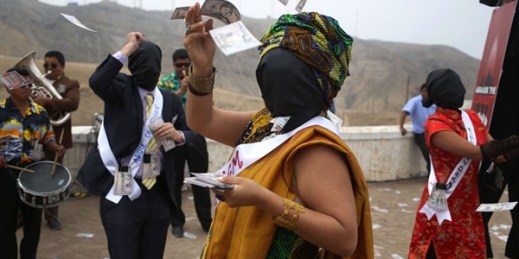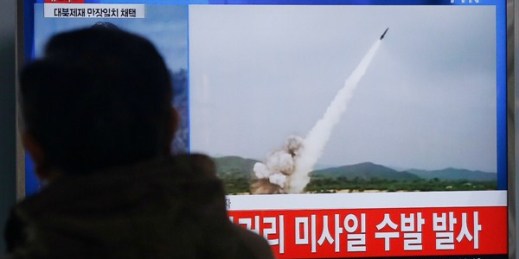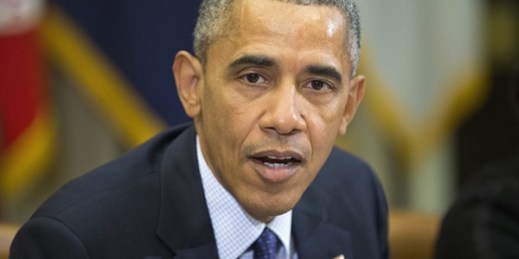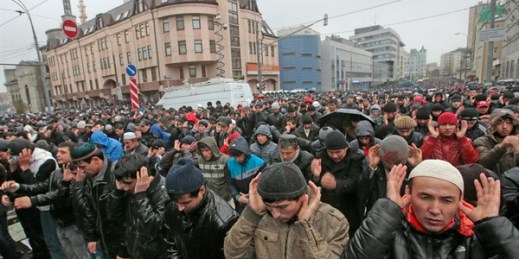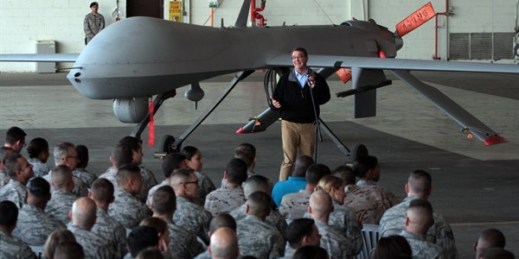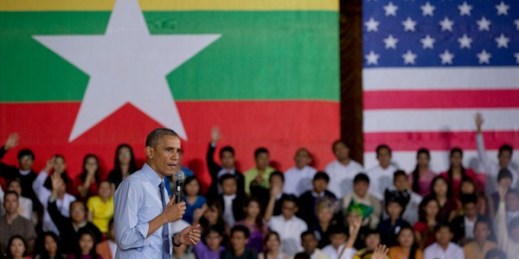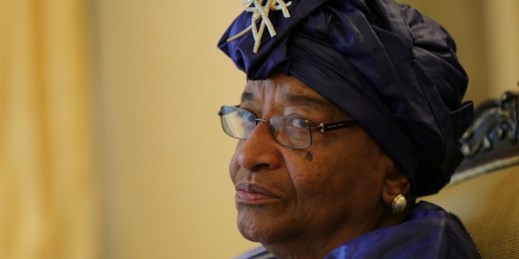
Editor’s note: This article is part of an ongoing WPR series on the impact of falling oil and commodities prices on resource-exporting countries. In late January, Liberian President Ellen Johnson Sirleaf announced that the government would cut budgetary spending by 11 percent, due to a drop in mining revenues caused by the collapse of global commodities prices. In an email interview, Gonne Beekman, a postdoctoral researcher at Wageningen UR, discusses the impact of the commodities bust on Liberia. WPR: How important are commodities for Liberia’s economy, and what effect have falling commodities prices had on public spending and, by consequence, […]

